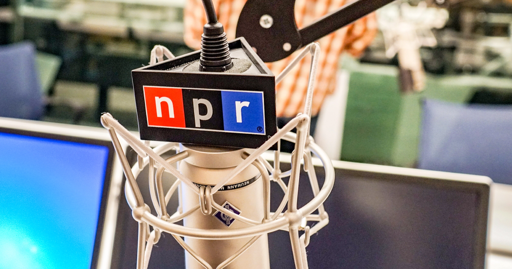Summary
The Republican-led push to defund public broadcasters like NPR and PBS has gained new momentum with Sen. John Kennedy’s proposed “No Propaganda Act,” echoing longstanding conservative critiques of media bias and fiscal waste.
The effort is bolstered by changing media consumption habits, a weakened public radio audience, and competition from digital platforms like Spotify and The New York Times.
NPR faces challenges in adapting to a digital future, while internal divisions and declining funding threaten its sustainability.
Advocates warn this campaign may succeed where past efforts have failed.



I stopped listening to NPR when they couldn’t bring themselves to call “enhanced interrogation” what it was. There are plenty of other examples, that’s just one that seems most to the point.
Lots of NPR affiliate stations air great shows, but their nationally syndicated programming rigorously fellates the wealthy, and staunchly defends the status quo.
“Enhanced interrogation” is when I went over and out, too, and NPR has only gotten worse. I never listen any more, but occasionally read their news coverage online. It’s adequate, by the current awful standards of mainstream journalism. No worse than my local paper, but also no better.
Might be the best news coverage on the radio, though, and I’d oppose bludgeoning the NPR budget, same as I’ll oppose everything Trump and his maniacs do.